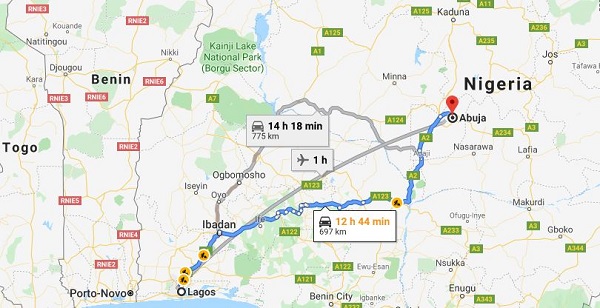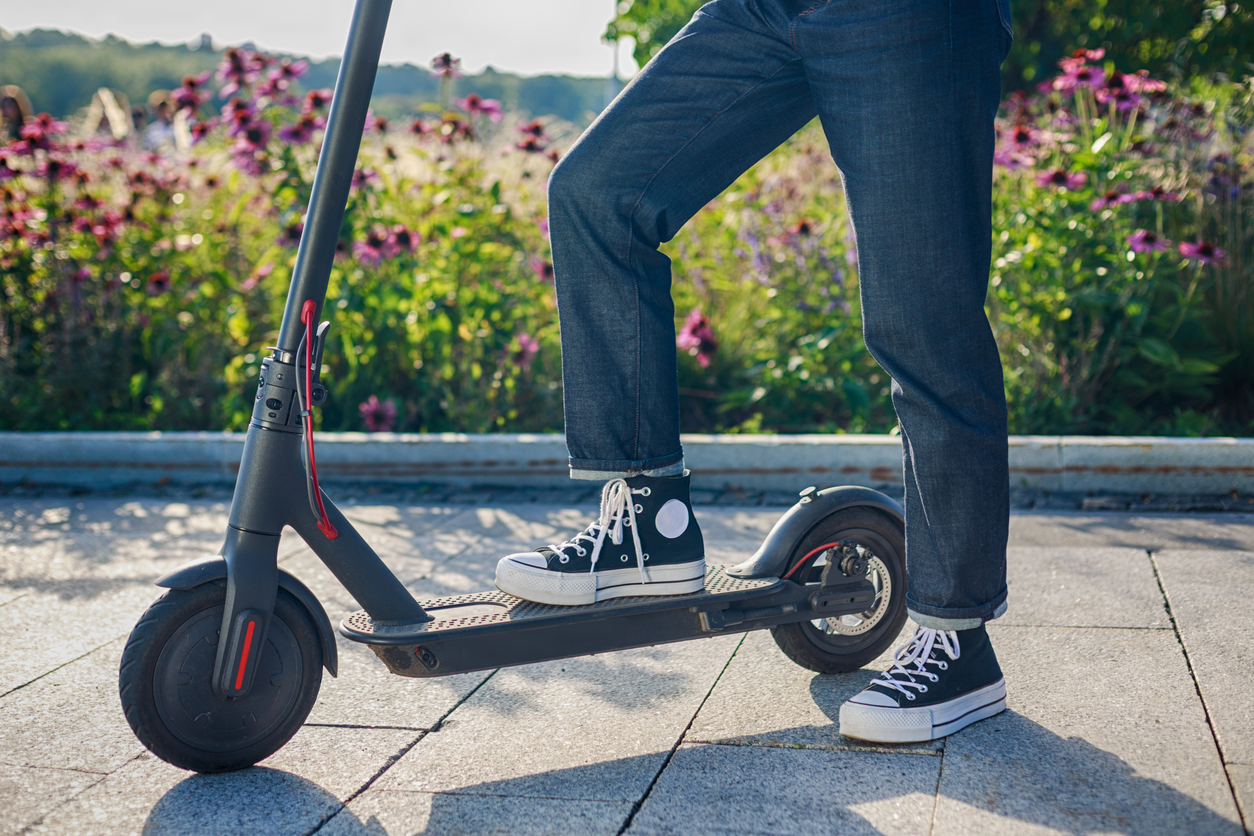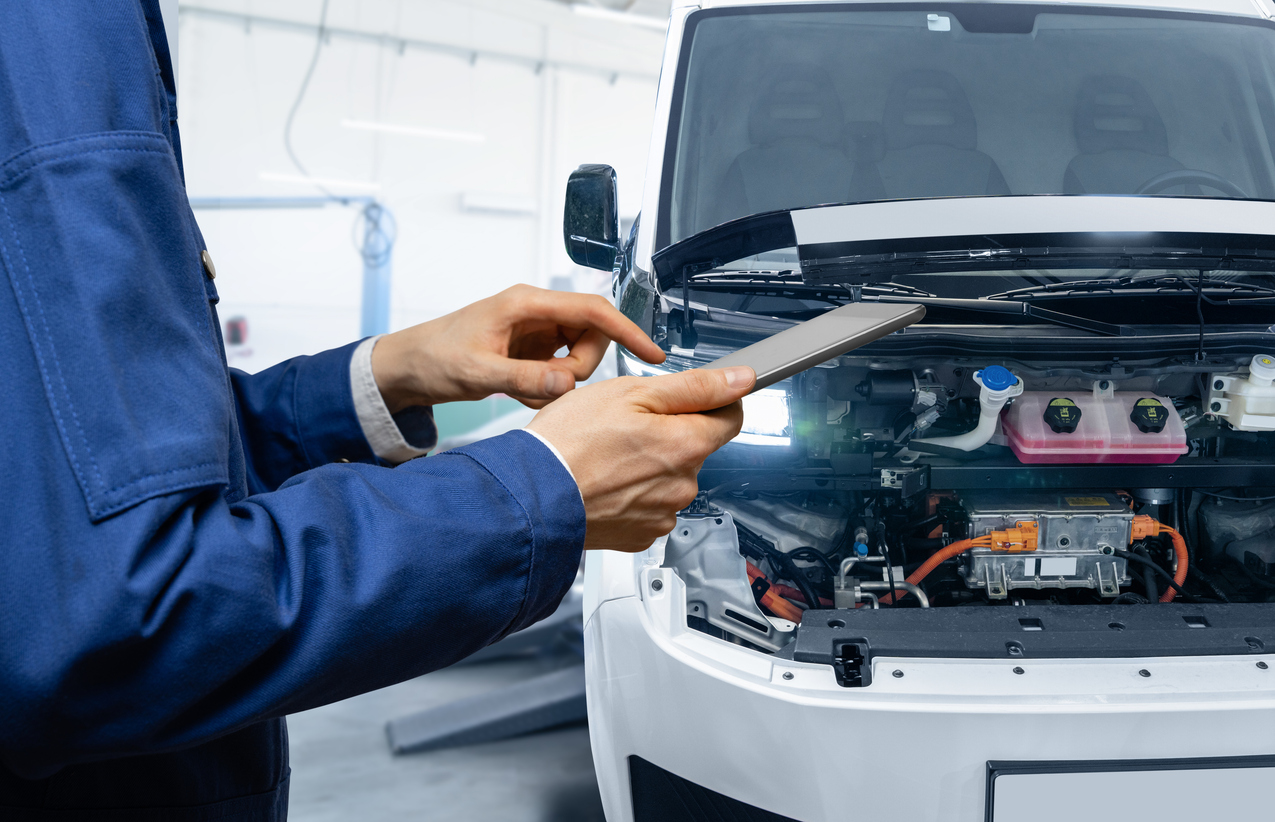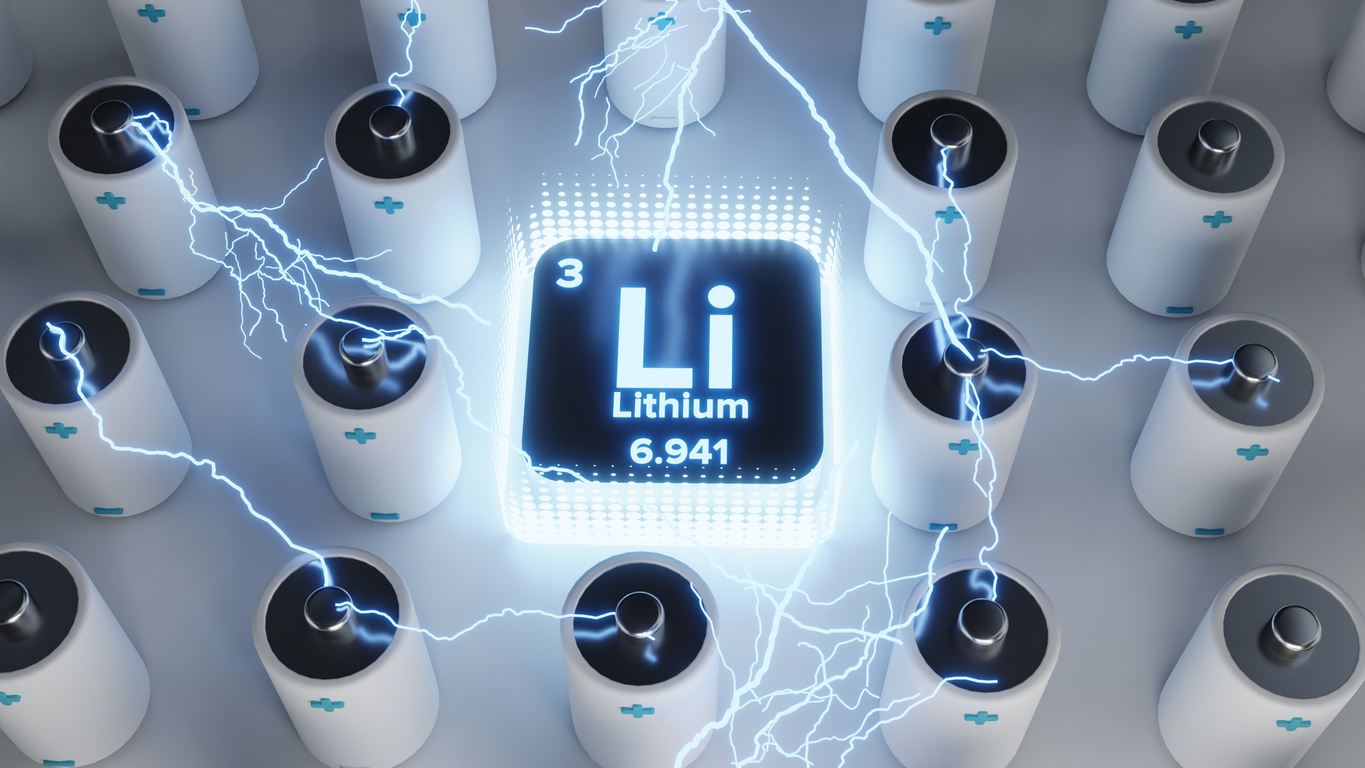A Guide to Roadtripping From Lagos to Abuja: What You Need To Know
A Guide to Roadtripping From Lagos to Abuja: What You Need To Know
Roadtripping from Lagos to Abuja is an adventure like no other. With epic scenery and attractions to explore along the way, it’s the perfect way to explore Nigeria’s two biggest cities. From the bustling streets of Lagos to the historical sights of Abuja, roadtripping between these two cities is a must-do for any traveler. But what do you need to know before you go? How do you plan your trip? What can you expect along the way? This guide provides all the essential information you need to plan your own roadtrip from Lagos to Abuja. From essential travel tips to the must-see attractions, you’ll be ready to embark on your journey in no time. So, buckle up and get ready for an unforgettable roadtrip from Lagos to Abuja!
Pre-trip planning:
Before you even think about getting behind the wheel, there are a few things you should take care of. Firstly, make sure you have a passport and valid visa, if required. You’ll also need to have a driver’s license if you’re over 25 years old. If you’re driving a car, make sure it’s in good condition and has a valid insurance policy. You’ll also need to make sure you have enough fuel to complete your journey without stopping. If you’re planning on driving at night, make sure you have the correct lights on your vehicle. If you’re traveling with your family or friends, you’ll also need to make sure everyone has the correct identification. This is especially important when entering Nigeria. Make sure everyone has a passport, a passport card, or a certified copy of their birth certificate. If you’re planning on taking a baby or young child with you, make sure you have the necessary car seats and other accessories. You should also bring extra diapers, blankets, and other essentials for your baby.
a. Essential documents
We’ve already talked about the importance of having the correct identification, but it’s worth mentioning again. Make sure everyone has their passport and/or passport card with them, as well as their driver’s license and insurance papers. Any other important documents, such as visas, health certificates, and vaccination records, should also be stored in a safe place. You may also want to store these documents online or on a cloud-based system, so that you have easy access to them when you’re traveling.
b. Vehicle preparation
If you’re driving between Lagos and Abuja, you should ensure that your vehicle is in good condition and fit for the road. You may want to take it to a mechanic or car shop for a full inspection. You might also want to change the oil, clean your car, and get a new air filter. You should also check your tires for any damage and make sure they’re inflated properly. Make sure you have a jack, a tire iron, a spare tire, and a first aid kit in your car. It’s also a good idea to keep a few extra water bottles, snacks, and a cellphone charger in your car. This will come in handy if you get stuck in traffic or are delayed at one of the many toll stations along the way. If you’re taking a small vehicle, especially with a group of people, make sure you have enough seats for everyone.
c. Accommodation
Depending on how long you choose to roadtrip between Lagos and Abuja, you may want to stay overnight. If you have a long drive ahead of you, it’s always a good idea to get a good night’s rest before you embark on your journey. If you’re doing a weekend roadtrip, you’ll likely be able to finish your journey in one go. Whether you choose to stay over or not, make sure you have a tent, sleeping bag, or any other essential items for camping. You may also want to bring an inflatable mattress and pillow. If you’re staying in hotels or guesthouses along the way, you’ll want to make sure you have your research ready. Make sure you check TripAdvisor and other review sites to find the best options for your budget. You should also check the location of each place, as you don’t want to end up in the middle of nowhere. If you’re traveling with your family, you may want to consider hiring a car and driver, as buses can be uncomfortable and unsafe for kids.
Route overview
If you’re roadtripping between Lagos and Abuja, you’ll be taking the eastern route, which is the fastest way to travel between the two cities. You can also take the northern route, which takes you through the famous Ajaokuta Steel Plant, or the western route, which goes through the old northern region. The eastern route is a little bit longer, but it’s mostly on a new road and follows a flat landscape. You will have to drive through a very dense rainforest in the Oban region, but after that, you’ll be on a new 4-lane tarred highway. You can check the route on Google Maps or Waze for the exact path to take.
Scenic attractions
As you set out on your journey between the two cities, you’ll be able to see the beautiful Oban Rainforest, which is a dense tropical rainforest. You’ll also come across the T Bar Bridge, which is a famous symbol of the eastern route. Further along the route, you’ll drive past the Ajaokuta Steel Plant and get to see its gigantic chimneys rising above the skyline. You’ll also pass by the famous Ajaokuta Dam, which is a huge structure that creates a large reservoir. Along the way, you’ll also be able to see the Ikogosi Wildlife Sanctuary and the Otokwi Salt Lake, two attractions that are definitely worth a stop!
Tips for staying safe
As you make your way between Lagos and Abuja, there are a few things you should keep in mind to stay safe. For example, try to travel during the day to avoid being on the road at night. You should also avoid driving during rainy seasons, as roads can flood. You should also ensure that all of your lights are working properly, including your brake lights and hazard lights. Make sure you don’t drive too close to the vehicle in front of you and keep a safe distance behind other cars as well. You should also drive defensively, as many Nigerians drive very aggressively and some don’t always follow traffic rules. Stay calm and focused, and you’ll make it to your destination safely. Finally, don’t leave your belongings in plain sight in your car. Keep your valuables hidden from sight, and keep your doors locked at all times. You should also avoid traveling alone at night, especially if you’re a woman. If you’re traveling with a friend, make sure someone knows where you are and when you plan to finish your journey.
Rest stops and attractions
There are a few attractions you can visit along the way, whether you decide to stay for a few days or just a few hours. You can visit the Ikogosi Wildlife Sanctuary, which is home to many different species of wild animals, including lions, leopards, and elephants. You can also visit the Otokwi Salt Lake, which is a unique natural formation found only in this area. It’s a large saltwater lake that covers an area of over 80 square kilometers. Near the end of your trip, you can visit the Ajaokuta Dam, which is one of the largest man-made lakes in the world. It’s worth visiting the dam and its surrounding area to see the famous T Bar Bridge, which is a large steel arch bridge that is still in use today.
Cost of the journey
If you’re planning to travel with a group of friends or family, you can hire a car and driver for the day or share the cost of renting a car. A standard mid-size car will cost around NGN 140,000 ($450), which is a pretty standard rate for hiring a car for a day. You can also use an app like Uber or Careem to get around. If you’re planning to visit attractions along the way, you can buy an Abuja Tourism Pass to get discounts on attractions and tours in the area. It will cost you just NGN 2,000 ($6) and will last for 3 days. On the whole, the cost of driving between Lagos and Abuja is fairly reasonable. You may have to pay a couple of tolls along the way, but they aren’t very expensive.
Wrapping up: what to expect
Roadtripping between Lagos and Abuja is a fantastic way to experience all that Nigeria has to offer. With epic scenery and attractions to explore along the way








LEAVE A COMMENT
You must be logged in to post a comment.